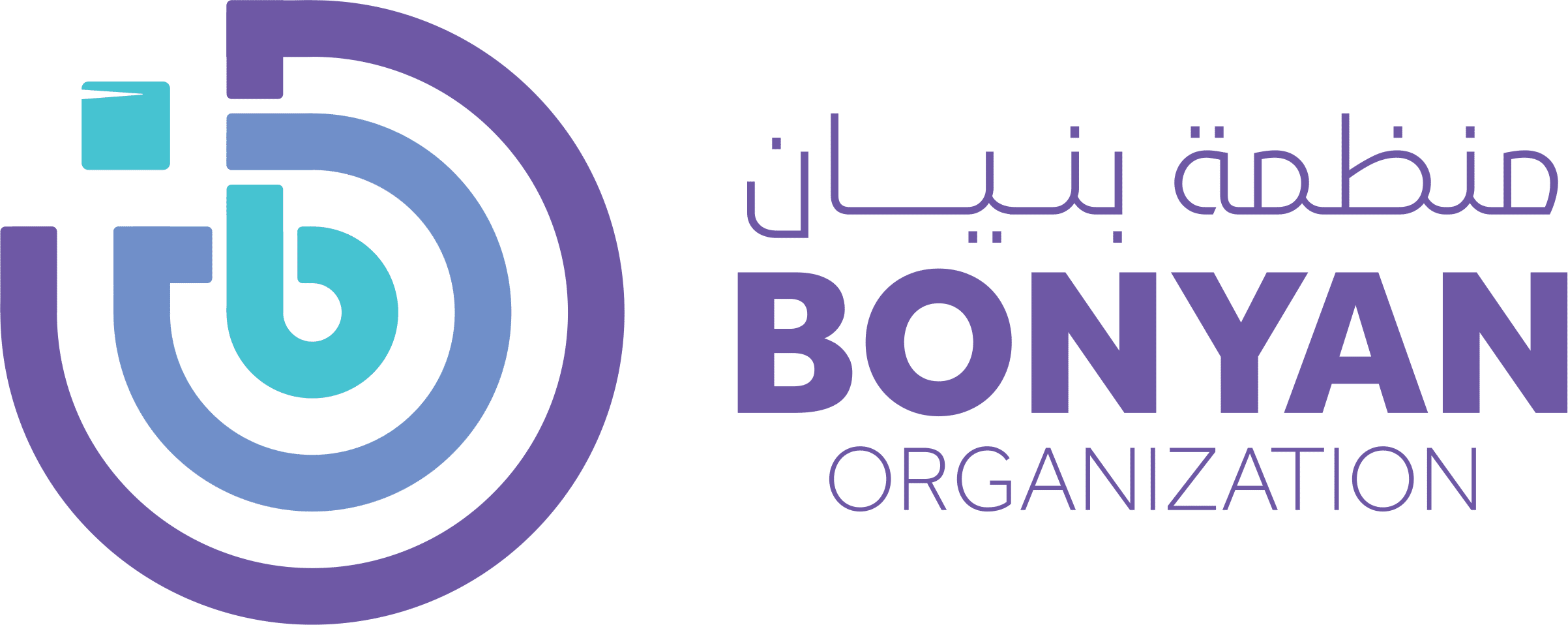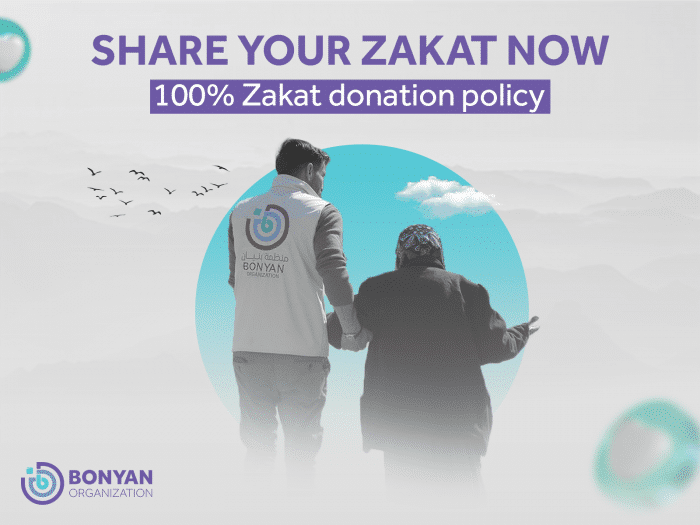Refugees globally, particularly across the Middle East, endure an immensely challenging existence, a dire “emergency within an emergency,” persisting through all seasons, especially the harsh cold months, when humanitarian aid becomes indispensable for their survival.
In the Quran, Allah (SWT) delineates eight categories eligible for zakat, with refugees holding a prominent position among “the poor and the needy.”
It is the responsibility of every Muslim to extend assistance to those facing hardships in our society. Through zakat contributions, Muslims fulfill their duty by supporting individuals, communities, and especially refugees, who are identified as the most deserving, ensuring they receive the necessary resources for a dignified life.
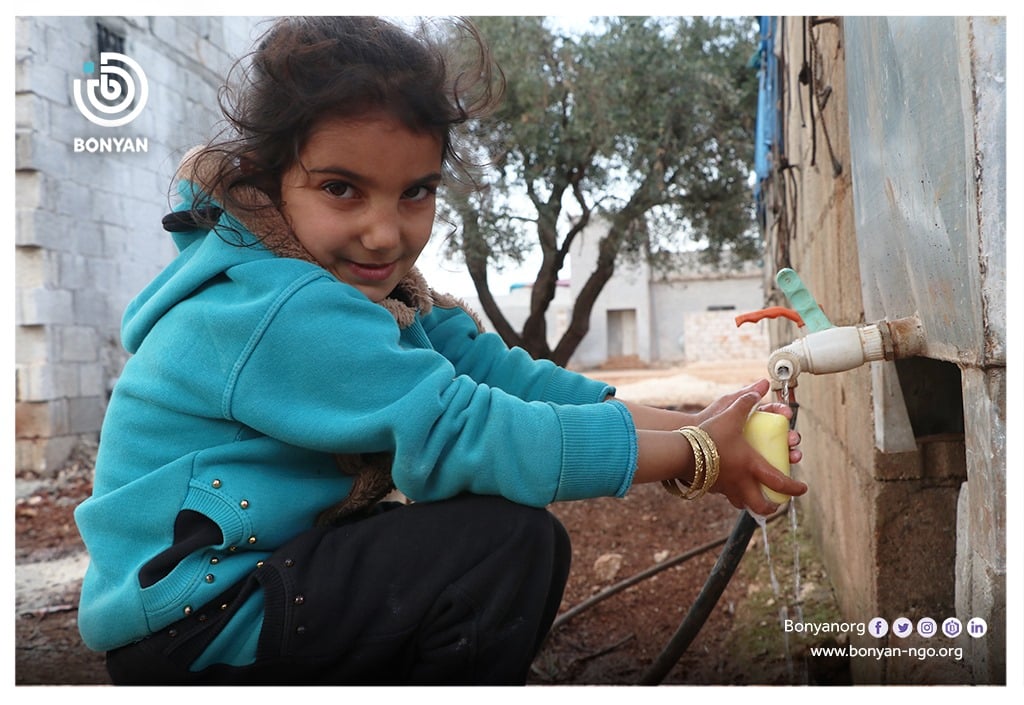
Problems and challenges faced by refugees in camps
Refugees face many problems and issues that affect their ability to carry out their daily lives properly:
Limited Affordable Housing
The scarcity of suitable and affordable housing is a persistent and pervasive challenge confronting refugees. The demand for housing consistently outstrips the available supply, resulting in overcrowded living conditions within refugee camps.
This overcrowding exacerbates the difficulties faced by displaced individuals, as it leads to cramped spaces and inadequate shelter, further compromising their overall well-being and dignity.
Inadequate Shelter
The insufficiency of infrastructure and resources in certain camps contributes to substandard living conditions. Refugees residing in these camps often lack proper protection from the elements, leaving them vulnerable to harsh weather conditions.
The inadequate shelter not only jeopardizes the physical health of the population but also undermines their sense of safety and security.
Food Insecurity
A significant number of refugees grapple with food insecurity, stemming from restricted access to nutritious meals. In some instances, the available resources fall short of meeting the nutritional needs of the population, leading to heightened risks of malnutrition.
The persistent struggle for an adequate food supply compounds the challenges faced by refugees, impacting their health and overall resilience.
Limited Medical Care
The challenges of accessing medical care persist among refugees, hindering their ability to address various health issues. Inadequate healthcare facilities and resources in camps contribute to a lack of timely and sufficient medical assistance, leaving refugees vulnerable to preventable illnesses and complicating their journey towards recovery.
Security Concerns
Security threats loom over refugees within camp areas, exposing them to risks such as theft and assault. In some extreme cases, the severity of the situation prompts hesitation among security personnel to venture into certain locations.
This compromised security not only jeopardizes the physical safety of refugees but also exacerbates the already challenging living conditions in the camps.
Limited Education Access
Refugee children encounter obstacles in accessing quality education, hindering their developmental progress and future opportunities.
Barriers such as language differences, lack of educational infrastructure, and discriminatory practices contribute to the educational challenges faced by young refugees, limiting their potential for personal and academic growth.
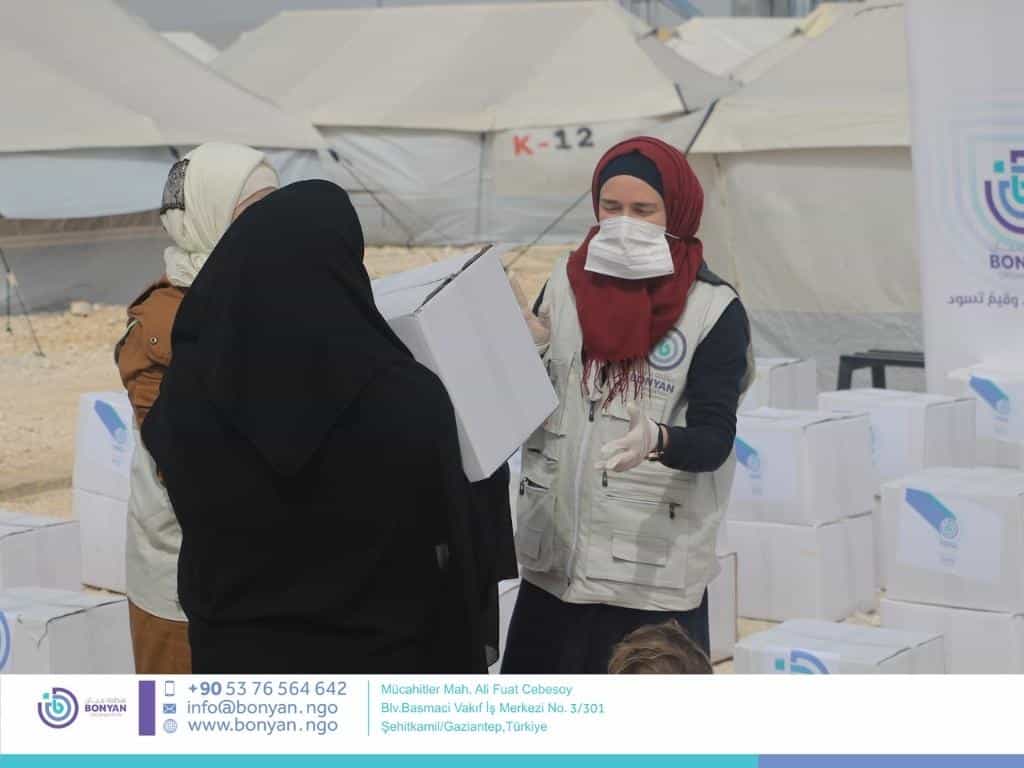
How does donating Zakat help refugees?
Zakat is a powerful tool for empowering refugees and helping them rebuild their lives. As a recipient of Zakat, here’s how they can use the funds effectively:
Essential Needs
Zakat can be used to address their most immediate necessities including:
- Food: Purchase food that fits their dietary needs and those of their family.
- Clothing: Purchase warm and suitable clothing, especially important in changing climates.
- Shelter: Secure essential repairs for their dwelling or find safer accommodations.
Healthcare
Zakat can help them access necessary medical care:
- Medications: Purchase prescribed medications to treat ongoing conditions.
- Doctor’s visits: Pay for consultations and essential medical treatments.
Education
Zakat can support their educational goals or that of their children:
- School supplies: Purchase books, notebooks, and other required materials.
- Tuition fees: Pay for school enrollment for themselves or their children.
Income Generation
- Zakat can provide seed money to start a small business or learn new skills:
- Small Business Supplies: Invest in tools or inventory required to start a small venture.
- Skills Training: Pay for vocational courses that offer income-generating skills.
Debt Relief
If they qualify, Zakat can be used to alleviate some of their debt burden:
Essential debts: Pay off debts incurred for securing basic necessities to reduce financial hardship.
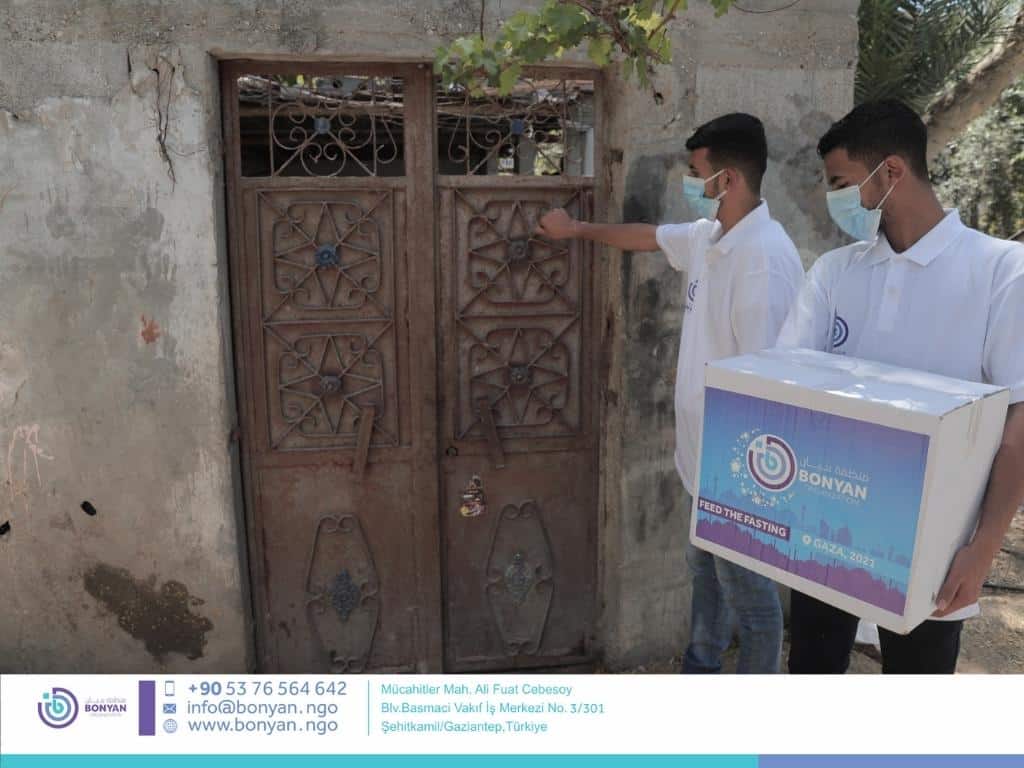
Transform Refugee Lives with Your Zakat through Bonyan Organization
Your Zakat provides a lifeline to those in desperate need. Through the Bonyan Organization, we offer direct cash assistance to poor and needy individuals who are eligible for Zakat in the war and conflict-torn countries of the Middle East and Africa.
Importantly, the Bonyan Organization has a 100% donation policy for Zakat funds. This means your entire contribution directly supports those in need.
FAQs
Can I pay Zakat to help refugees?
Yes, you can pay Zakat to help refugees. Various reputable organizations have established programs to accept Zakat donations specifically for refugees. These donations are utilized to provide essential assistance such as food, water, shelter, medicine, and other necessities to displaced families.



